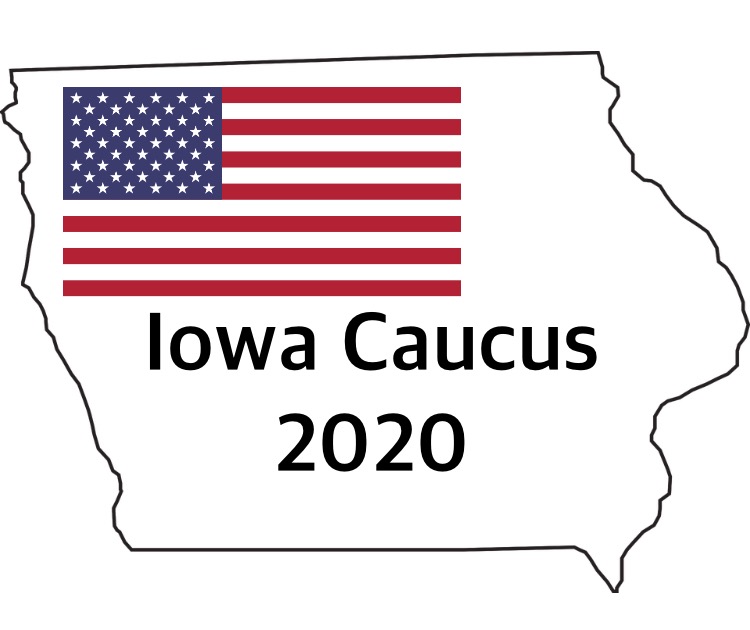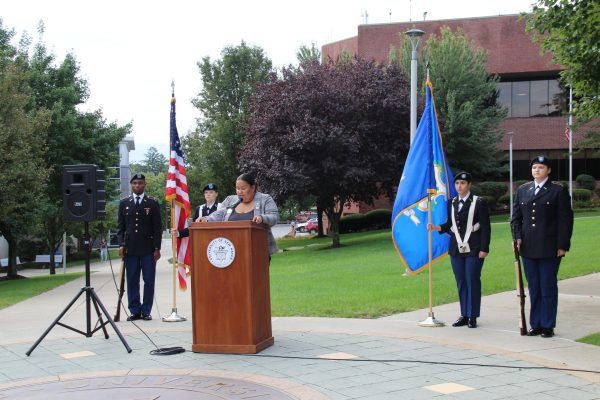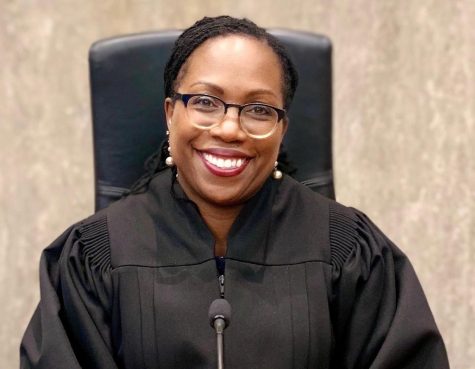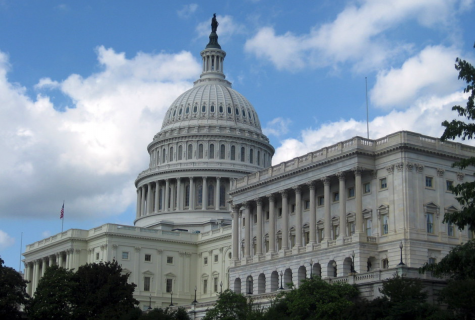App Failures and Confusing Results at the 2020 Iowa Democratic Caucuses
An app failure delayed the results of the Iowa Democratic Caucus for four days.
Results were expected Monday evening, but it wasn’t until early Tuesday that partial results were released, and finally Thursday, the complete results were made public.
The Iowa caucus results could affect the outcome of the election. The apparent technological mishaps demand the accuracy of the result of this caucus.
According to a New York Times analysis, more than 100 precincts reported results that were inconsistent, that lacked data or were impossible when it comes to the rules of the caucuses.
The company that developed the caucus app, Shadow Inc., apologized for the incident in a thread of tweets that said they “sincerely regret the delay in the reporting of the results of last night’s Iowa caucuses and the uncertainty it has caused to the candidates, their campaigns, and Democratic caucus-goers.”
“As the Iowa Democratic Party has confirmed,” the Shadow tweets said added, “the underlying data and collection process via Shadow’s mobile caucus app was sound and accurate, but our process to transmit that caucus results data generated via the app to the IDP was not.”
Fortunately, the technological failure wasn’t a result of hacking. It happened because the app appears to have been rushed. According to the New York Times, there wasn’t enough training for workers to know how to use the app.
In light of this mishap, Matthew Schmidt, professor in the political science and national security departments, said, “I think that what happened in Iowa was as much about training people as it was about the technology – probably more about training people than the technology.”
When it comes to shortcomings like these, Schmidt said that people should be trained better.
On the other hand, political science practitioner in resident Patricia Crouse said that the failure with the app also had much to do with a lack of testing prior to the caucus.
“You need to have a dry-run,” Crouse said, “You can’t wait until the night of the caucus to tell people ‘OK, now download the app.’ You need to make sure that the bugs are out of this type of thing before you implement it on a large scale.”
Even after this disaster, however, Crouse thinks there is a possibility that with all of the technological advances, this won’t be the last time an election app will be used.
“These events only happen every four years and every time a presidential election comes around we have a caucus,” Crouse said, “I don’t see how we can keep technology out of elections. The problem is that they need to make sure that is something that can actually help and not do what it did in Iowa, which was cause a lot of problems. I’m not sure that they’ll go through with this again, but now they have four more years to figure it out.”

Amanda is a senior majoring in communication with a concentration in journalism, and a double minor in political science and English. She has been involved...










